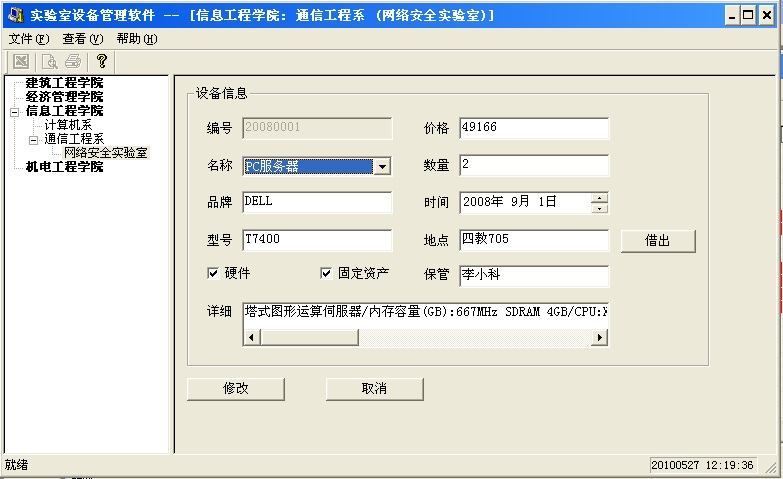Performance Tips and Tricks in .NET Applications(四
Use Binary Compare for TextWhen comparing text, use binary compare instead of text compare. At run time, the overhead is much lighter for binary. Minimize the Use of Format()
When you can, use toString() instead of format(). In most cases, it will provide you with the functionality you need, with much less overhead.Use Charw
Use charw instead of char. The CLR uses Unicode internally, and char must be translated at run time if it is used. This can result in a substantial performance loss, and specifying that your characters are a full word long (using charw) eliminates this conversion. Optimize Assignments
Use exp += val instead of exp = exp + val. Since exp can be arbitrarily complex, this can result in lots of unnecessary work. This forces the JIT to evaluate both copies of exp, and many times this is not needed. The first statement can be optimized far better than the second, since the JIT can avoid evaluating the exp twice.Avoid Unnecessary Indirection
When you use byRef, you pass pointers instead of the actual object. Many times this makes sense (side-effecting functions, for example), but you don't always need it. Passing pointers results in more indirection, which is slower than accessing a value that is on the stack. When you don't need to go through the heap, it is best to avoid it.Put Concatenations in One Expression
If you have multiple concatenations on multiple lines, try to stick them all on one expression. The compiler can optimize by modifying the string in place, providing a speed and memory boost. If the statements are split into multiple lines, the Visual Basic compiler will not generate the Microsoft Intermediate Language (MSIL) to allow in-place concatenation. See the StringBuilder example discussed earlier.Include Return Statements
补充:asp.net教程,VB.Net语言 




